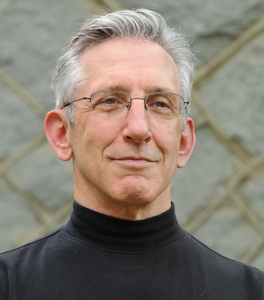 (This article was originally published in ‘Yoga International’ magazine Aug-2011. I don’t think the magazine exists any longer, which is why no link is provided.)
(This article was originally published in ‘Yoga International’ magazine Aug-2011. I don’t think the magazine exists any longer, which is why no link is provided.)
During the past few years, an increasing number of scientists have claimed insight into the nondual nature of reality. These claims, however, ignore a fundamental truth: Consciousness falls outside the scope of scientific investigation. Therefore, by their very nature, such claims cannot be valid.
There has always been a degree of animosity between science and spirituality. The Catholic Church’s persecution of Galileo over his insistence that the Earth was not the center of the universe comes to mind, as does the current debate between Creationists and those preferring the more down-to-earth tenets of Darwinian evolution. It is encouraging, therefore, to see the growing number of books and articles written by scientists on the subject of nonduality. There is even an annual conference with the title “Science and Nonduality,” thus making it possible to explore these two avenues of knowledge in the same forum.
Paradoxically, both the power and the ultimate shortcoming of science as a tool for investigating the nature of reality lie in its objectivity. The scientific method of empirical observation and subsequent reasoning is something it shares with Vedanta, along with the acceptance of findings from those who have gone before (providing these findings do not contradict more recent discoveries).
Science has made a significant contribution to persuading people to consider that the world may not be as it initially appears to our limited organs of perception. At one end of the scale, the scanning electron microscope looks into the supposed solidity of the matter beneath our fingertips. At the other extreme, the Hubble telescope peers toward infinity into the swirling clouds of galaxies invisible to the naked eye. ‘Reality’ is far more subtle than everyday experience would have us believe. The hardness of the table on which I write is due to irrevocable laws regarding the spin of electrons and their sharing of orbitals around atoms. Massive energy sources in the universe result from entire galaxies being sucked into black holes. Our own senses are quite inadequate for the job of explaining the behavior of the world around us, whereas science seemingly can. Continue reading

